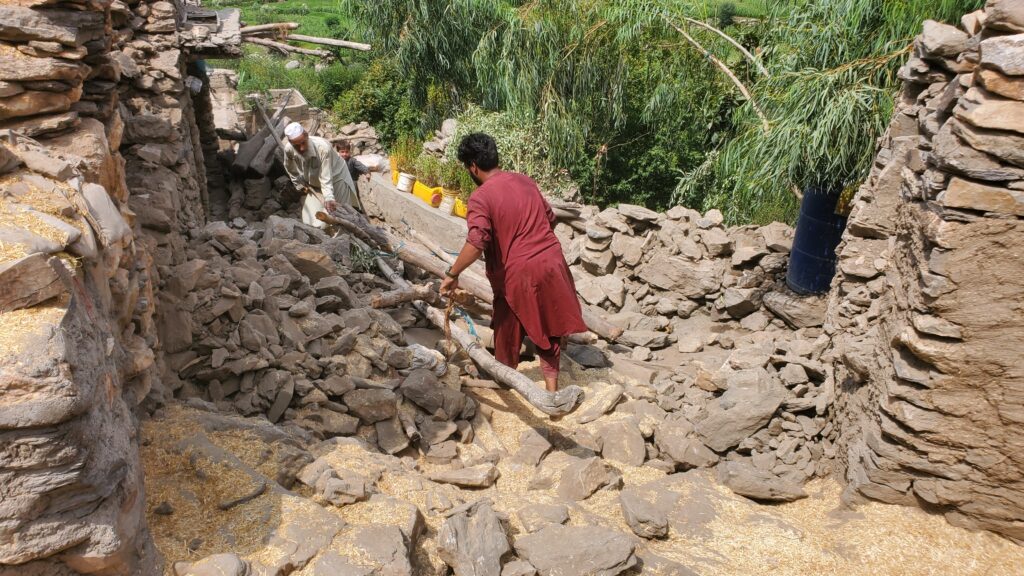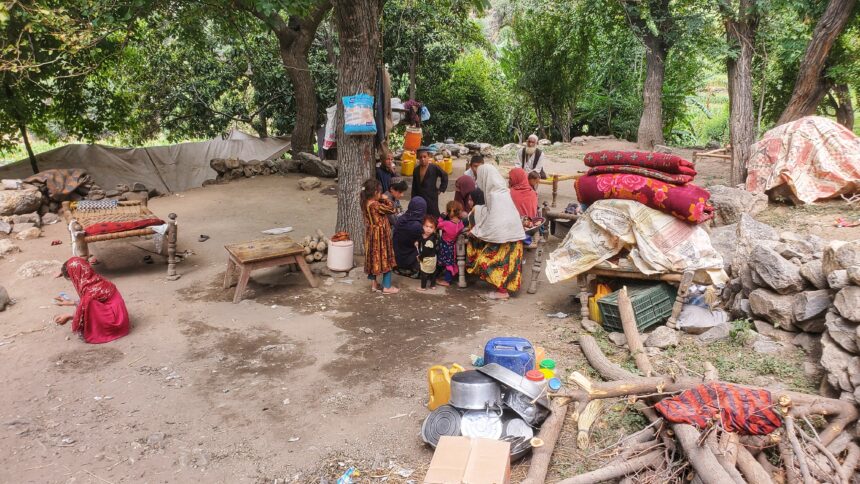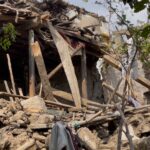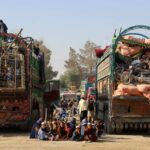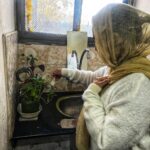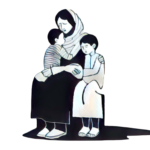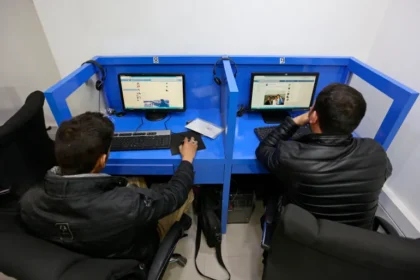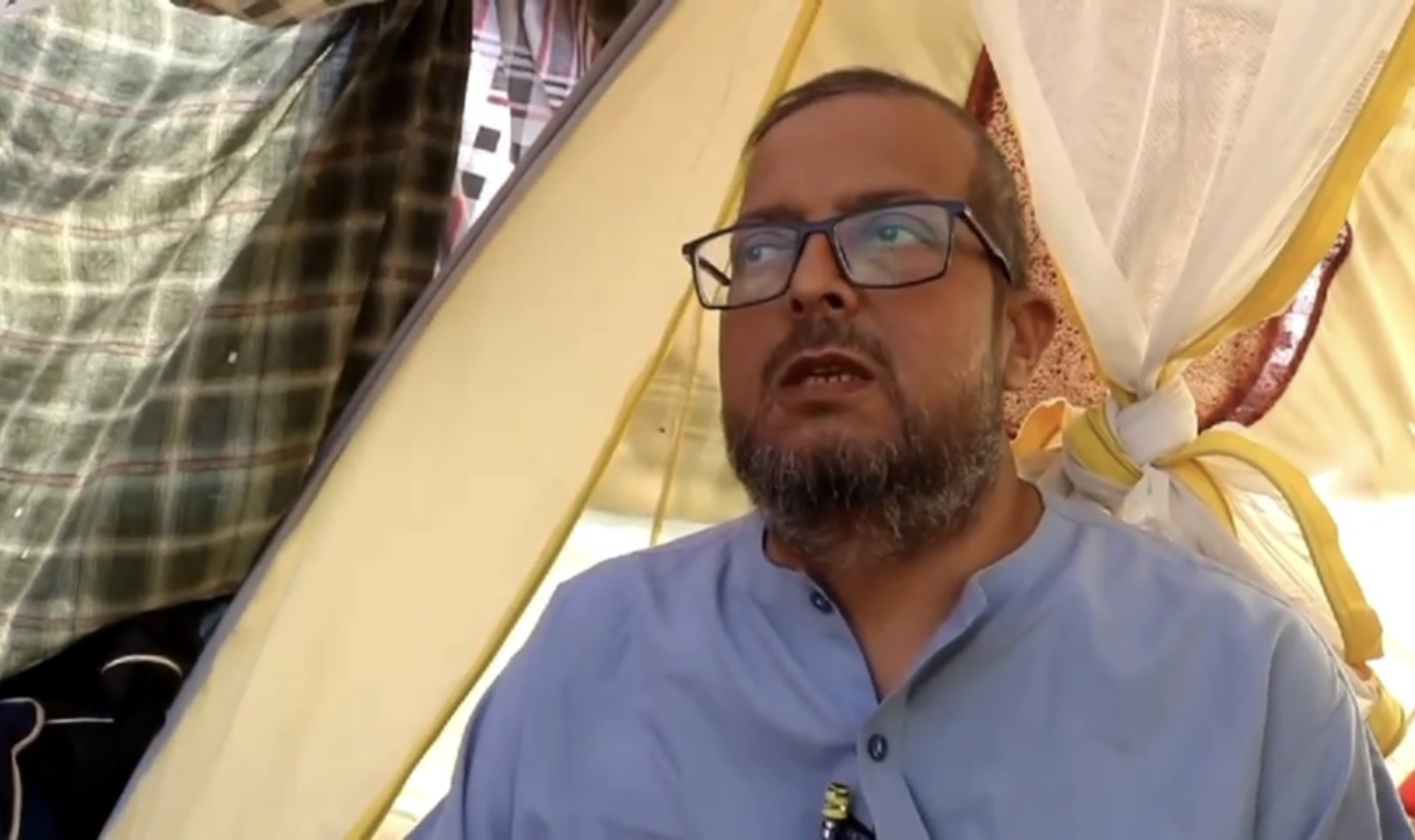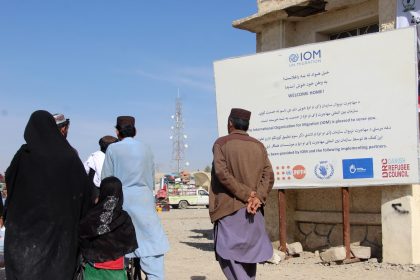A powerful 6.0-magnitude earthquake struck eastern Afghanistan, centered in Nurgal District, Kunar Province, causing widespread destruction across Kunar and parts of Nangarhar provinces. The tremor, followed by aftershocks, destroyed homes, schools, and livestock shelters.
Local authorities say the disaster has killed at least 2,205 people and injured over 3,640. Villages including Wadir, Shomash, Masud, and Areet were among the hardest hit, with reports indicating that up to 90% of residents in some areas were killed, injured, or displaced.
Women from affected districts told The Afghan Times that they are in desperate need of shelter, food, sanitation, and basic household items as humanitarian aid trickles in.
“We were trapped under the roof when it collapsed on us. My five children, my husband, and I barely survived. Our cowshed also fell. We need tents, we need food. Last night we slept under the open sky, under the rain. We have no roof,” said *Haya, a mother of five.
Another survivor, *Bibi Nazo, said that although her family has received a tent, the absence of sanitation facilities has made life unbearable.
“We have a tent, but no toilet. We need a toilet. When our house collapsed, all our belongings were buried in the rubble. We need basic household items,” she said.
For others, the destruction brought irreversible loss. *Nazo, another resident, said her family is in deep grief after losing three of her sons when their home collapsed.
“My daughter is injured. We are in a very bad situation. As you can see, some people don’t even have clothes. We need everything. We have nothing to sleep on, nothing to eat,” she said.
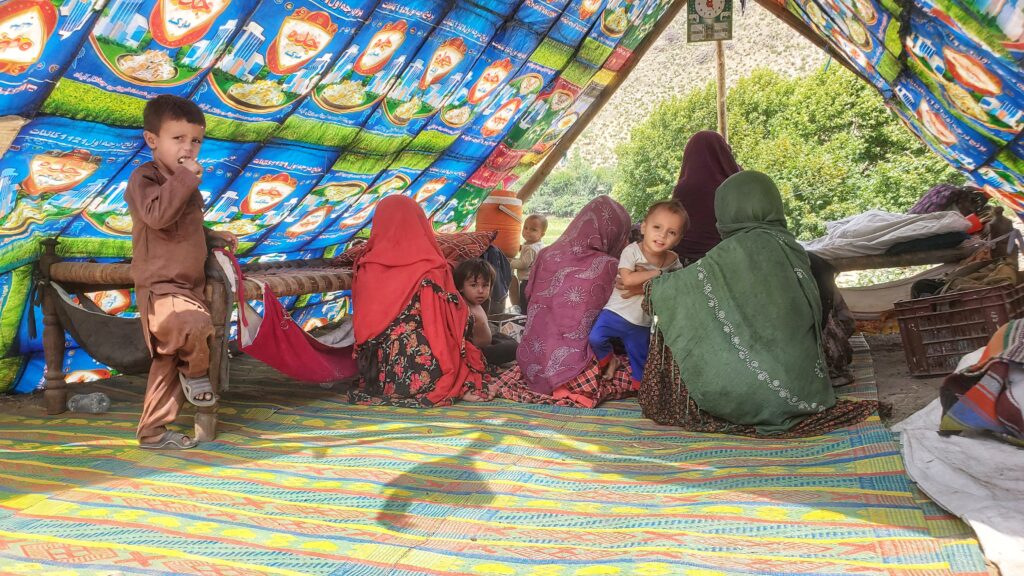
Local authorities and aid workers report that hundreds of houses in Kunar’s mountainous villages were destroyed when the earthquake struck earlier this week. Islamic Relief said its initial assessment found up to 98 percent of buildings in some affected areas either destroyed or damaged, while Reuters reported that livestock shelters also collapsed, killing animals that are a vital source of income and food for rural families.
Many residents are now camped out in fields or under trees, relying on neighbors for support. In some areas, survivors have set up makeshift shelters from plastic sheets, but heavy rain has worsened conditions.
The World Health Organization (WHO) and local health workers warn that with sanitation facilities destroyed, the risk of waterborne disease outbreaks is rising. The lack of safe toilets has forced many families, particularly women and children, into unsafe and unhygienic practices.
UNICEF and aid workers stress that children and women are among the most vulnerable in the quake’s aftermath. Families report acute shortages of food, blankets, and clothing. Humanitarian agencies also note rising concerns over trauma, particularly among children who witnessed their homes collapsing and relatives dying.
“Children and families affected by the earthquake are in urgent need of lifesaving support,” said UNICEF Afghanistan Representative Dr. Tajudeen Oyewale.
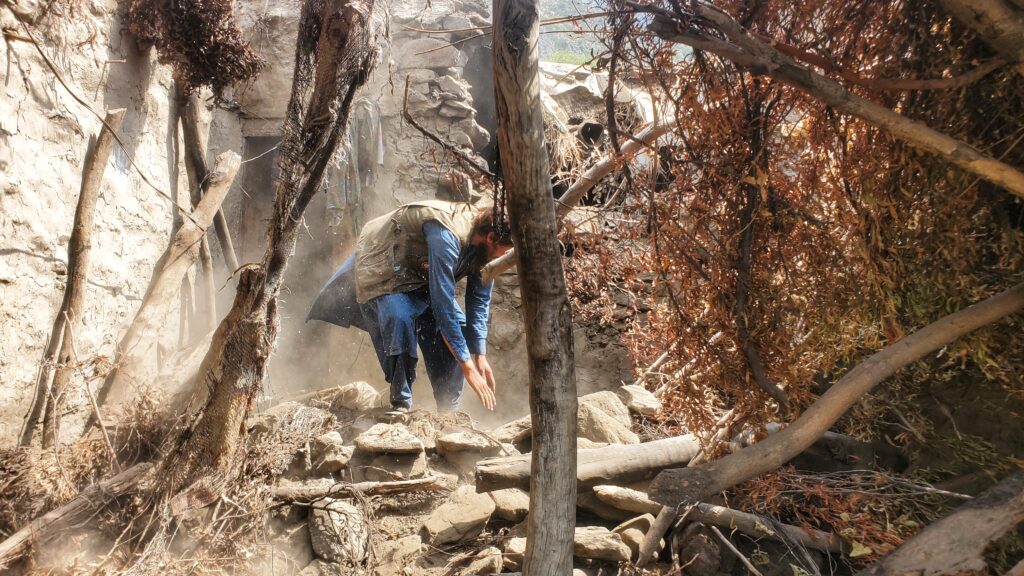
Afghanistan sits on major seismic fault lines and has a history of deadly earthquakes. In 2022, an earthquake in Paktika province killed more than 1,000 people and injured thousands. The country’s rural homes, often built of mud bricks and timber, are highly vulnerable to tremors, collapsing quickly and trapping those inside.
The earthquake struck amid an already severe humanitarian crisis in Afghanistan, where an estimated 22.9 million people—nearly half the population—are facing life-threatening needs, including food, healthcare, clean water, shelter and protection services, according to UN OCHA.
The nation’s fragile healthcare system has deteriorated drastically: more than 420 health facilities have shut down, depriving over 3 million people of medical care.
Food insecurity is equally dire—around 10 million Afghans are acutely food insecure, and malnutrition is on the rise, with approximately 3.5 million children under five and some 1.2 million pregnant or breastfeeding women expected to require urgent nutrition treatment.
Humanitarian organizations have issued urgent appeals amid widespread shortages of medical supplies, clean drinking water, and adequate shelter, particularly in rural provinces where infrastructure is weakest.
Taliban Ban on Women Aid Workers Delays Quake Relief in Kunar
Relief efforts have also been complicated by Taliban restrictions, including bans on women working outside the home and limits on female participation in healthcare, which made it difficult to provide medical care to women and children in affected areas.
“During the first three days, there were no women medical professionals, and male doctors were not allowed to treat women; only untrained relatives were allowed to help,” said a 35-year-old local man, speaking anonymously to The Afghan Times.
On the third day after the earthquake, the Taliban reportedly allowed female medical professionals to travel to affected areas in Kunar to provide care for injured women, local sources confirmed anonymously.
Kunar, with its rugged mountains and poor infrastructure, is one of the provinces most at risk. Road access to remote villages is limited, slowing down relief operations.
Local communities are urging both Afghan authorities and international aid organizations to increase their response. Survivors stress that shelter alone is not enough — they also need sanitation facilities, cooking utensils, clothing, and long-term support to rebuild their homes and livelihoods.
The United Nations (UN) and humanitarian organizations, including Islamic Relief and UNICEF, have issued urgent warnings about the escalating crisis in Kunar Province.
“Thousands of people have been left homeless, and humanitarian needs are vast and growing rapidly,” said a UN spokesperson, emphasizing the urgency of immediate aid delivery.
Ibrahim Ahmed Alhomadi, Islamic Relief’s head of programmes in Afghanistan, stated, “Entire villages have been turned into mud and rubble in Kunar, and the death toll is rising every hour. People have lost everything and desperately need healthcare, food, water, and shelter”.
Additionally, UNICEF has highlighted the critical situation, noting that without swift intervention, the humanitarian crisis will worsen, particularly as colder weather approaches.
